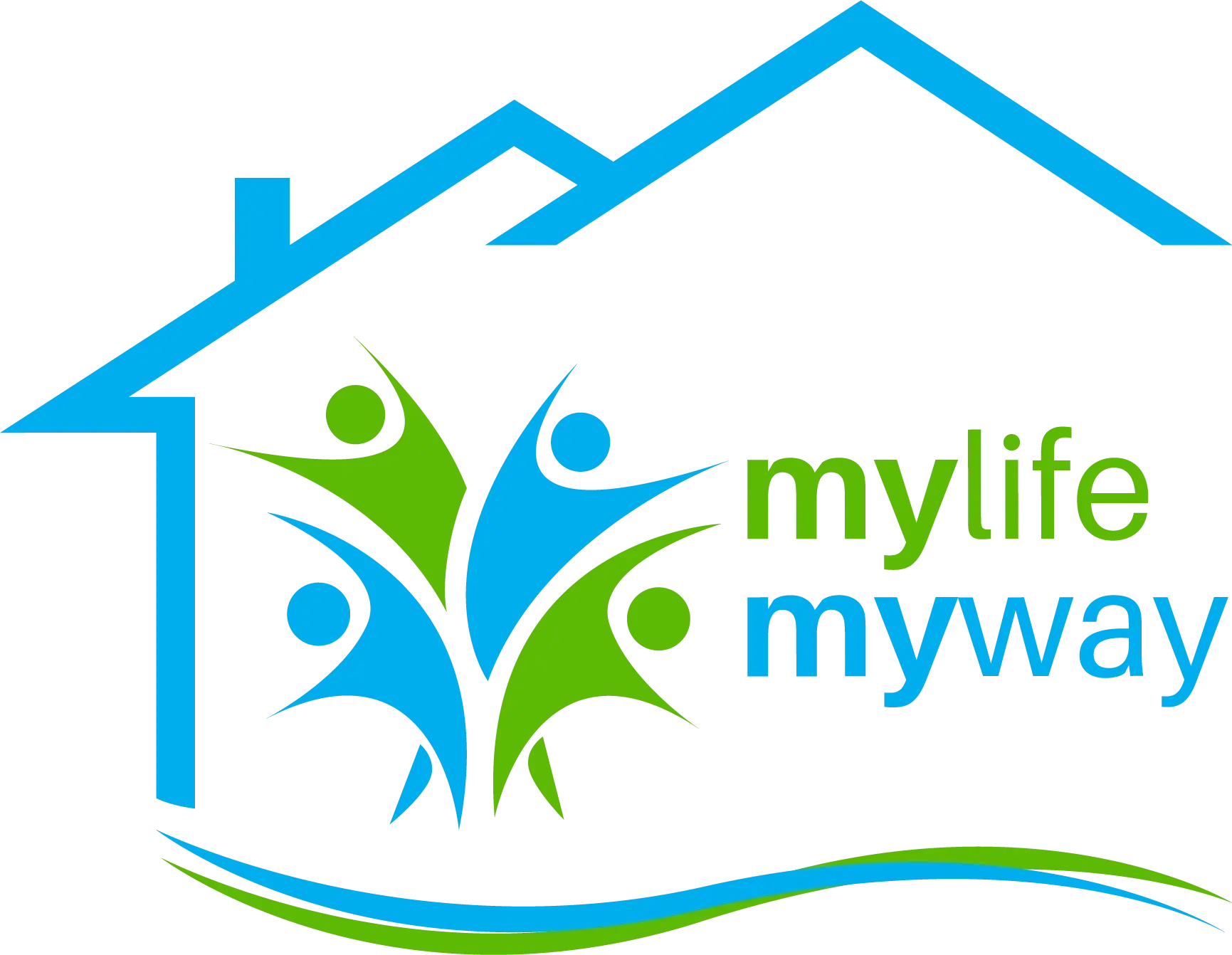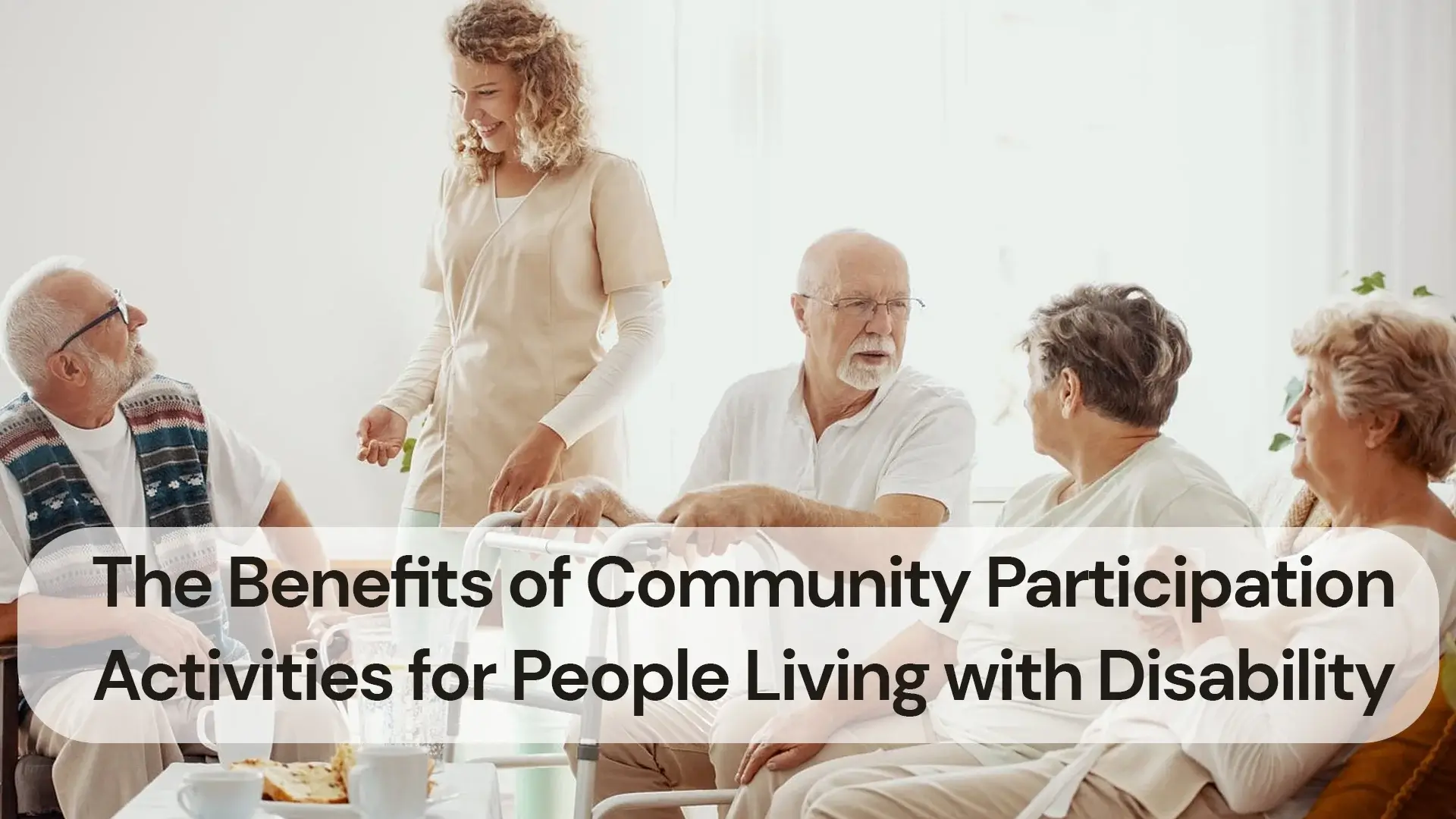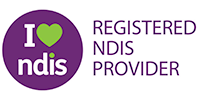Introduction
Although having a disability might bring a number of problems, being active in the NDIS community can considerably improve the general wellness and standard of living of people who find themselves in these circumstances.
NDIS community participation activities promote a sense of belonging while also encouraging social inclusion, personal development, and the acquisition of necessary life skills. The many advantages of community involvement activities for people with impairments are examined in this article.
Understanding Community Participation NDIS
The term “Community Participation NDIS” describes how people with disabilities actively participate in a range of social, recreational, educational, and professional activities within their communities. It entails taking part in activities, clubs, and organisations, volunteering, educational possibilities, and jobs. People with disabilities can overcome obstacles and make a positive contribution to society by actively participating in their communities.
Promoting Social Inclusion and Belonging
People with disabilities can communicate with others, create enduring relationships, and uncover their identities through community engagement activities. Participating in social activities and attending community events may help people get over their loneliness and feel more a part of their communities. This sense of belonging encourages joy, focus, and general mental health.
Enhancing Physical and Mental Well-being
People with disabilities can improve their physical and emotional health through community participation NDIS. Physical activities that increase flexibility, overall health, and physical fitness include sports, training programmes, and outdoor excursions. Participating in mentally taxing pursuits like literature clubs, art classes, or educational workshops can help enhance cognitive aptitude, creativity, and mental toughness.
Developing Life Skills and Independence
Individuals with disabilities can gain key life skills that encourage independence and self-reliance through the benefits of community participation. They can build skills including communication, problem-solving, time management, teamwork, and adaptability through volunteering, taking part in educational programmes, and exploring professional prospects. These abilities improve their daily lives and raise their prospects of getting jobs and having happy lives.
Fostering Personal Growth and Empowerment
NDIS community participation events allow people with disabilities to explore their interests, talents, and hobbies. It offers a platform for people to show off their skills, fulfil their objectives, and feel accomplished. They can develop personally, gain confidence, and cultivate a positive self-image by actively taking part in their communities. Their general well-being is enhanced by this empowerment.
Building Supportive Networks
NDIS community participation aids in the creation of networks of support for people with disabilities. By participating in community events, individuals can meet people dealing with comparable issues, exchange experiences, and provide one another with support.
These networks promote a sense of unity, comprehension, and empathy. Community relationships that are supportive can aid people in overcoming challenges, gaining access to resources, and enhancing their general well-being.
Improving Communication and Social Skills
Active community involvement encourages people with disabilities to interact with a variety of others, enhancing their social and communication abilities. Through interactions, cooperation, and teamwork, they develop their communication skills, active listening skills, and interpersonal relations. These enhanced communication and social skills not only benefit their personal lives but also improve their prospects in education and employment.
Expanding Educational and Vocational Opportunities
NDIS community participation activities expand educational and vocational opportunities for individuals with disabilities. Educational programs, workshops, and training sessions offered within the community enable them to gain new knowledge, acquire qualifications, and develop specialised skills. Moreover, community engagement increases their chances of accessing meaningful connections, empowering them to contribute to society and lead fulfilling lives.
Accessing Recreational and Leisure Activities
People with disabilities can take part in recreational and leisure activities thanks to initiatives that promote community involvement. Sports, cultural events, and arts and crafts are just a few examples of the activities that encourage indulgence, relaxation, and a sense of accomplishment. Leisure activities help maintain a healthy lifestyle and general well-being.
Overcoming Barriers and Challenging Stereotypes
By actively participating in NDIS community participation activities, individuals with disabilities challenge societal barriers and stereotypes. Their visible presence in community events, clubs, organisations, diversity, and acceptance.
This active engagement encourages the community to recognise the abilities, talents, and contributions of individuals with disabilities, breaking down prejudices and fostering a more inclusive society.
Promoting Advocacy and Equal Rights
Participation in the community gives people with disabilities the ability to speak up for their rights and advance equal chances. They develop into ardent proponents of accessibility, inclusivity, and disability rights by actively participating in community events. They can use their platform to spread knowledge, instruct others, and sway favourable changes in practices, attitudes, and policies around disabilities.
Collaborating with Disability Support Services
Community participation activities often involve collaboration with disability support services and organisations. These collaborations provide individuals with disabilities access to specialised support, resources, and expertise.
Disability support services can offer guidance, counseling, training, and tailored assistance, ensuring that individuals can actively participate in community activities and overcome any specific challenges they may face.
Addressing Individual Needs and Preferences
Participation in the community acknowledges the special requirements and preferences of people with disabilities. It allows them to choose activities that match their interests, abilities, and objectives. This person-centred strategy ensures that people can actively engage in pursuits that bring them joy, foster personal growth, and enhance their overall wellbeing.
Promoting Holistic Development
Engaging in the benefits of community participation activities promotes holistic development for individuals with disabilities. It encourages a happy and healthy existence by taking into account one’s physical, mental, emotional, and social well-being.
Individuals with disabilities can reach their potential by engaging in their communities and making meaningful contributions to society.
Conclusion
To improve the quality of life for those who live with impairments, active community involvement is required. It provides numerous opportunities for one to advance professionally and acquire influence, in addition to fostering social integration and enhancing one’s physical and mental well-being. By actively taking part in local activities, people with disabilities can surmount challenges, debunk myths, and lead fulfilling lives that contribute to a more tolerant and inclusive society.



